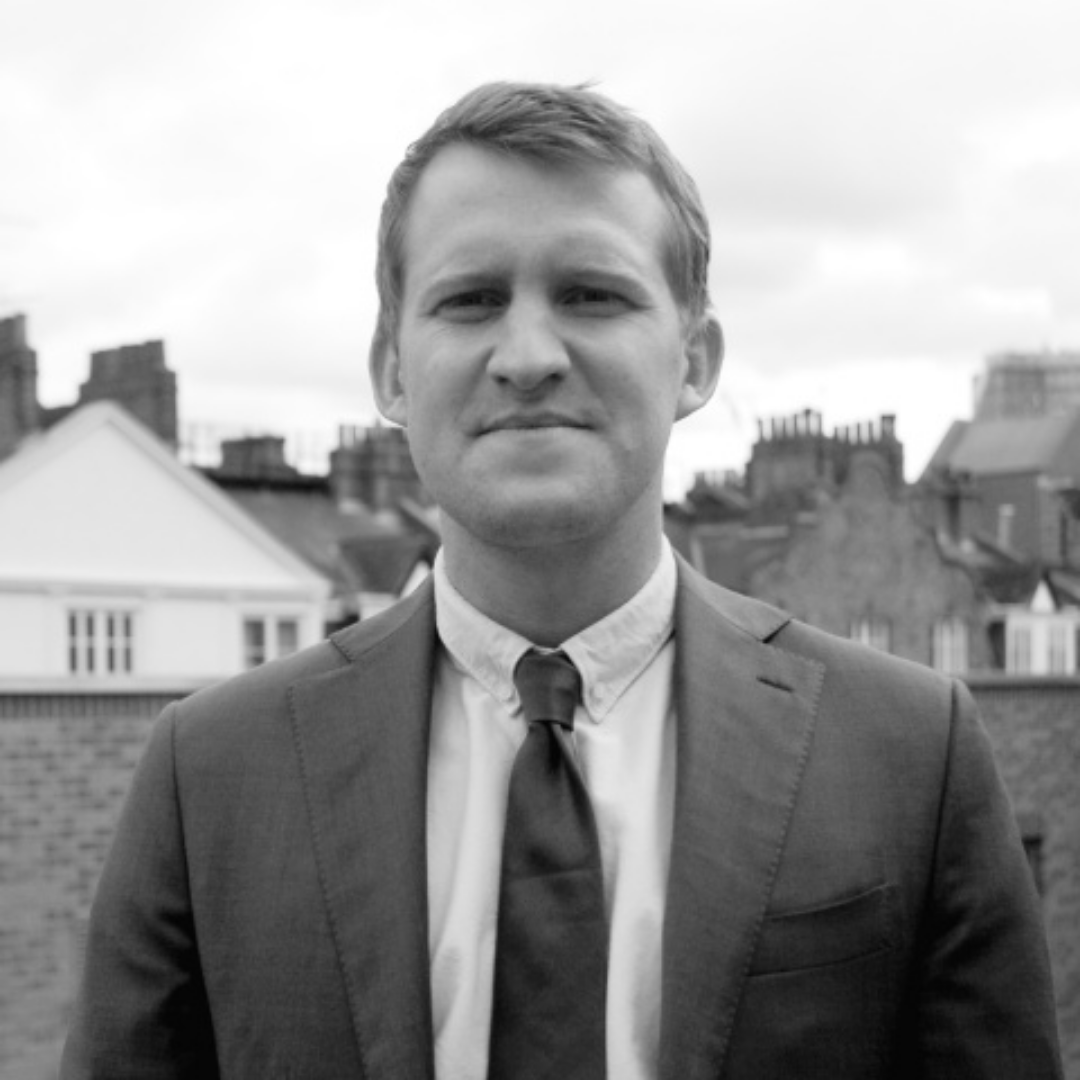 | Luke is a Director in the Behavioural Insights Team (BIT) working on BIT’s strategy and their work in energy, environment and sustainability. He joined BIT in 2014 and since then has worked on more than 50 projects. |
What motivated you to work on Behavioural Science?
Oddly, for people in the field, my entry was through competition economics. Instead of reading nudge, I was working on investigations of mergers and cartels.
In competition economics, people started becoming increasingly worried about companies exploiting our biases. For example, airlines were accused of using ‘drip pricing’ where customers only see part of the full price upfront and additional charges are added on through the buying process. Such shrouding hurts consumers who, given endowment effects, feel committed to buying, even as the price goes up.
I started reading around this area and eventually made a big career change to come and work on two field trials in Chennai, India.
What do you think is the future of Behavioural Science in the next five, and ten years? What major challenges do you foresee?
Forecasting a year out is hard enough but when I think about Behavioural Science units, I do wonder if we will see increasing prominence in the next five years, and then obsolescence.
In the next 5 years, Behavioural Science will need to keep adapting and demonstrating impact on some of our toughest problems to grow. I believe the field will grow but we will need better answers to today’s challenges: cultural variation; replication; nudging organisations; long-term effects; and scaling stand out for me.
In 10 years, the field will of course live on, but perhaps Behavioural Science will be so readily mainstreamed into policy design, that we will no longer see (or need) specific units and consultancies.
What advice would you give to a beginner in Behavioural Science? What are some of the crucial skills one has to develop to succeed in this field?
Try to get the balance of rigour and practical experience.
As the field has developed, it has been great to see an explosion of courses offered and academic qualifications. However, I still feel there is no substitute for practical experience. Get out there, speak to people, observe how people behave – or experience the situations yourself. I am biased, given this is our approach, but I do think the combination often leads to most impactful research.
What books/publications would you like to recommend to our readers? (around 3)
‘The person and the situation – Ross and Nisbett’. Certainly not where I would start if I was newly interested in the field, but for people who want to push a bit further, I would recommend this book. I go back to it regularly, particularly how they describe ‘channel factors’ and ‘tension systems’.
Paper wise, when people join our team, I recommend they read/reread Kahneman and Tversky’s original judgment under uncertainty paper. This paper was so influential on the field, is surprisingly readable and just good fun.
More recently, I just finished ‘The Book of Why – Judea Pearl’, which I found a fascinating and often more intuitive look at causation. Particularly, as proper measurement has to come hand-in-hand with Behavioural Science, but to do that we will need better ways to convey this to policy makers. From an outsider’s perspective, I feel this is the main challenge for the field in India.
How do you apply the notions of Behavioural Science in your personal life?
I try but dangerously Behavioural Science also provides you with fancier language to describe your own defects.
But one example. When I was living in Chennai, we had a roof terrace which was beautiful (and just about cool enough) in the morning. I realised I was much happier having my breakfast on the roof but then regularly just took it downstairs in a rush. So, I starting leaving my breakfast – cereal in a plastic carton – on the roof. By the time I had to go up to the roof and get my cereal, I may as well just take my time and enjoy my breakfast.